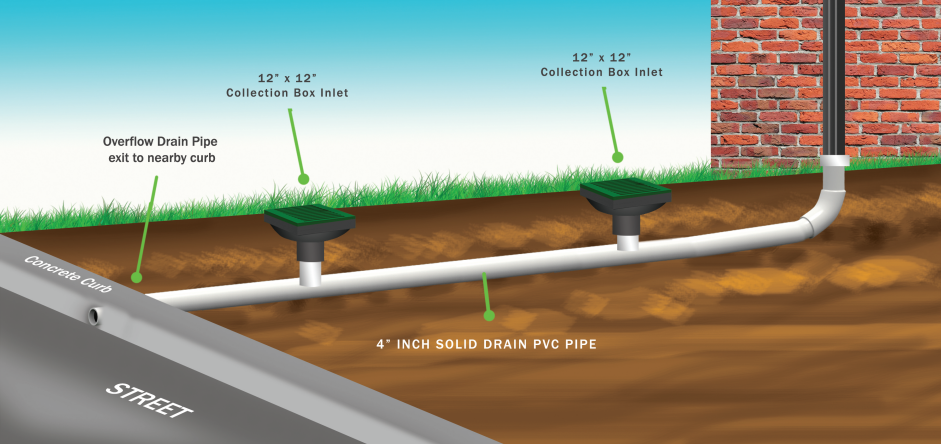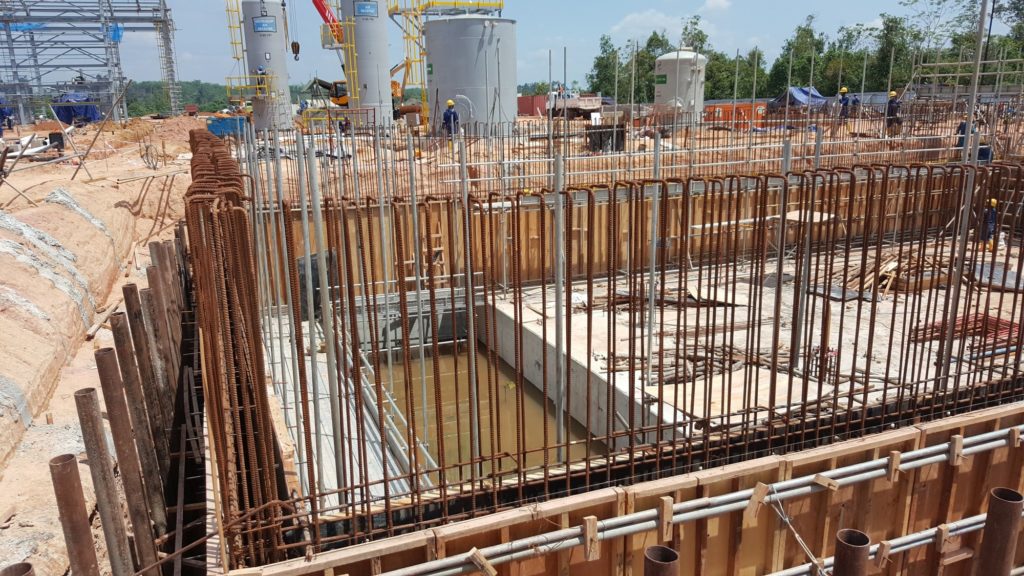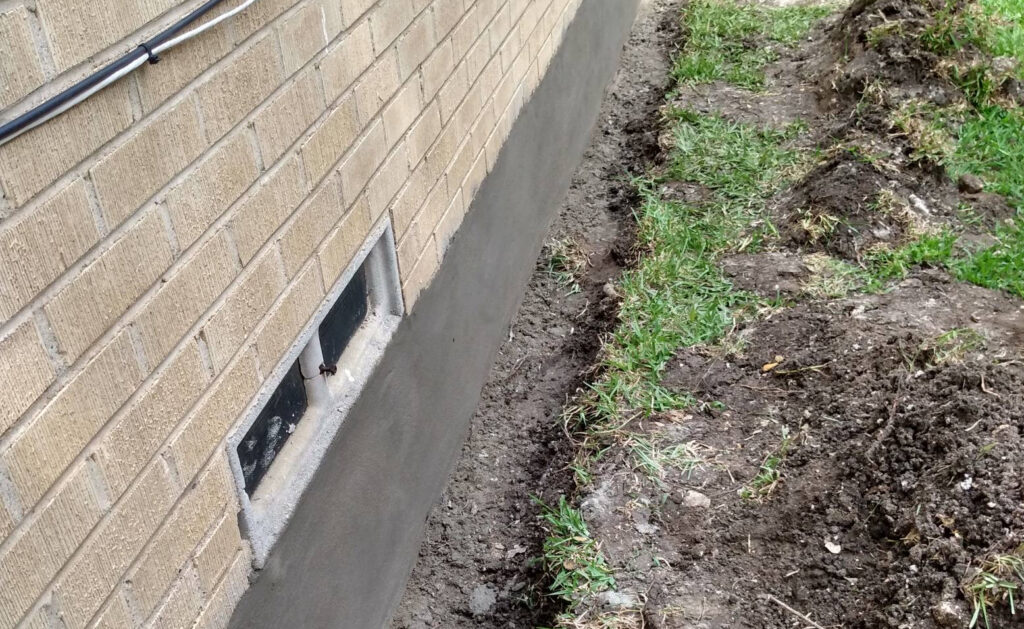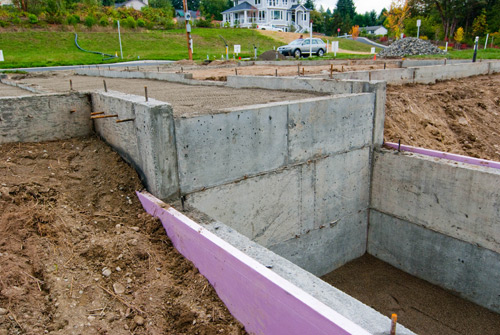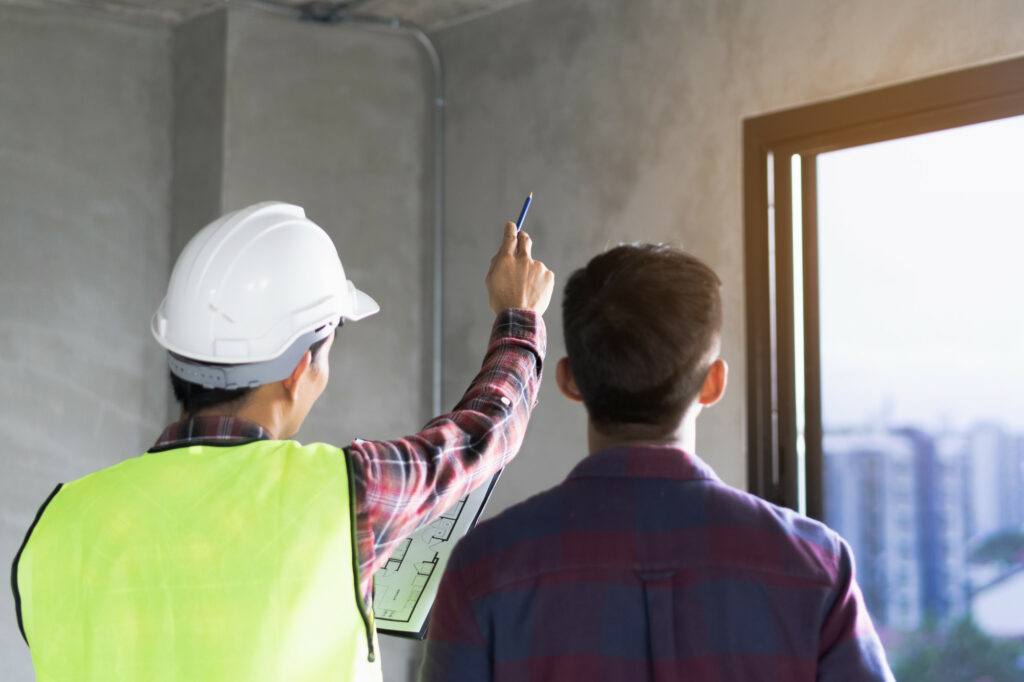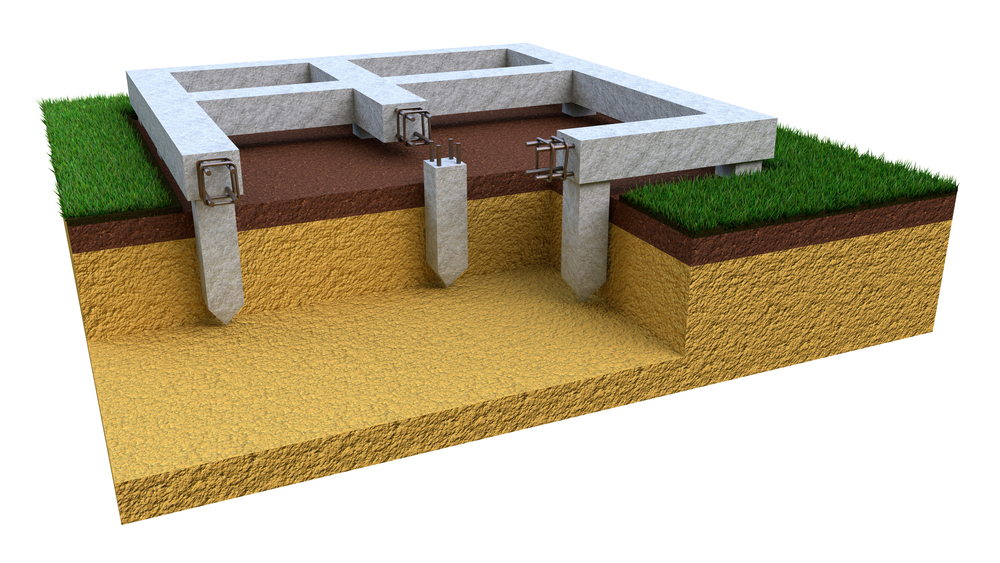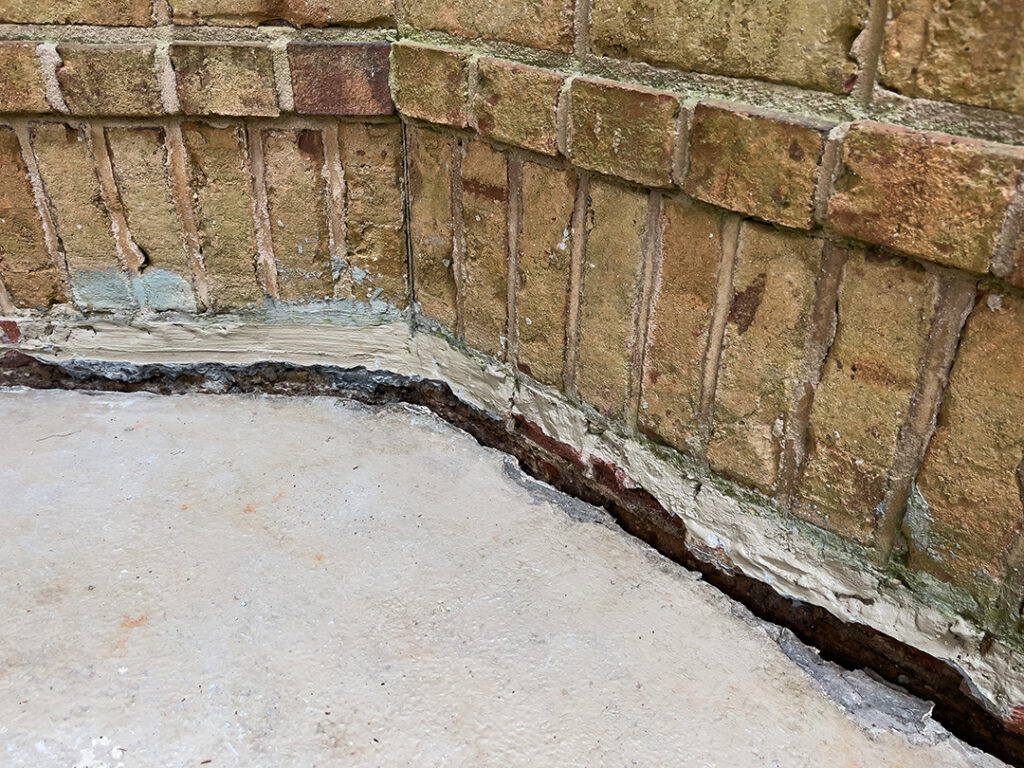A yard drainage problem in Texas can spell big trouble for property owners. Because the clay soil’s so prominent throughout Texas, drainage issues must be quickly mediated to prevent structural damage from water pooling in yards. However, knowing who to call for yard drainage problems in your area can be unclear.
If you have noticed pools of water anywhere in your yard, you must move quickly to hire professionals who can fix the issue before it evolves into a larger, more expensive, and more hazardous problem. Thankfully, many solutions are available to fit a wide array of budgets, from simple landscape changes to implementing new underground drainage systems.
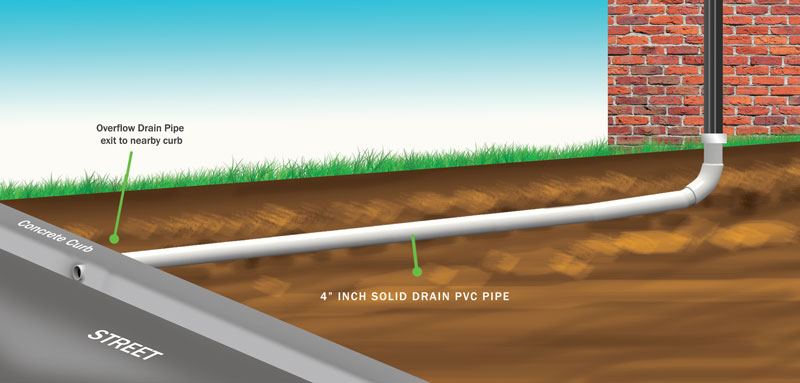
Who to Call for Yard Drainage Problems
A yard drainage problem is defined as any condition that prevents water (typically stormwater) from swiftly flowing away from structures, such as your home. A variety of problems can result from poor yard drainage and the resulting standing yard water, such as erosion, waterlogging, mold growth, foundation damage, and plant diseases, and drainage problems themselves are often caused by different issues.
Some of the professionals who may be called upon to correct these drainage problems include the following:
- Landscapers
- Plumbers
- Civil engineers
- Geologists
- Masons
While several different types of professionals can help, finding one who fixes yard drainage problems for you will depend on your yard, budget, and specific problem.
Who Fixes Yard Drainage Problems in Texas?
Choosing an expert to remedy a specific area depends on many factors, especially the type of structures or buildings affected by the drainage issue and the specific solution that should be used for that area. For instance, plumbers are well-suited for issues that involve septic systems and sewer lines, whereas geologists are helpful for problems caused by intricate underlying geological conditions with substances like bedrock.
Landscapers are the most common professionals to call for yard drainage problems, given that they have the education and experience to identify the source of drainage issues and because they can recommend and install the drainage solutions that are most appropriate for the situation.
Civil engineers are excellent for drainage problems that are especially complex in nature. They have the expertise and training to design large-scale drainage systems where they are needed.
The best way to figure out who to call for yard drainage problems is to call a foundation and concrete service team with years of experience in rectifying all kinds of issues. Drainage problems can pose significant threats to a building’s foundation (especially if an old gutter system is part of the problem), so time is of the essence.
Types of Yard Drainage Problems
Various types of yard drainage issues can plague property owners, and each can cause damage of varying extents. Some of the most common problems homeowners often battle include the following:
- Broken or damaged pipes, causing water to back up and overflow
- Clogged gutters and downspouts, causing water overflows
- Improper grading, causing water to pool in areas
- Tree roots that grow into pipes underground
In addition, the soil in yards can become compacted to the point that water has a difficult time draining, causing it to collect and pool instead.
Preventing Yard Drainage Problems
The best way to prevent yard drainage problems is to have your yard properly graded by landscaping and concrete professionals. The land must slope away from your structure and yard so water can flow freely, away from your foundation.
It’s also vital that gutters are in place, in good condition, and not clogged with debris. An old gutter system can worsen poor drainage by depositing water into places it wouldn’t normally be, such as close to important structures. Possible solutions include dry wells, collection boxes, and regrading the surrounding soil, though one excellent option for correcting yard drainage issues is installing a French drainage system.
What Is a French Drainage System?
French drains are used as trenches that hold a perforated pipe underground with the purpose of facilitating proper drainage in a particular area. Surrounding the pipe is gravel, and either the entire trench is lined with filter fabric or just the pipe itself. The system as a whole is usually covered with grass.
These drains effectively direct surface water and groundwater away from structures. If you find that your yard is troubled by water that accumulates below the surface that creates marshy, squishy areas, you may want to consider a French drain as a solution.
Count on FCS for French Drains and Other Yard Drainage Solutions
At FCS Foundation and Concrete Services, we have more than 25 years of experience designing and installing effective yard drainage solutions for customers with a variety of different problems and needs.
Our solutions are always customized for each customer to provide the most effective, cost-efficient, beneficial yard drainage solution available, so don’t wait if you have water pooling in your yard or suspect a drainage issue for any reason. Reach out to us today to schedule a free consultation.
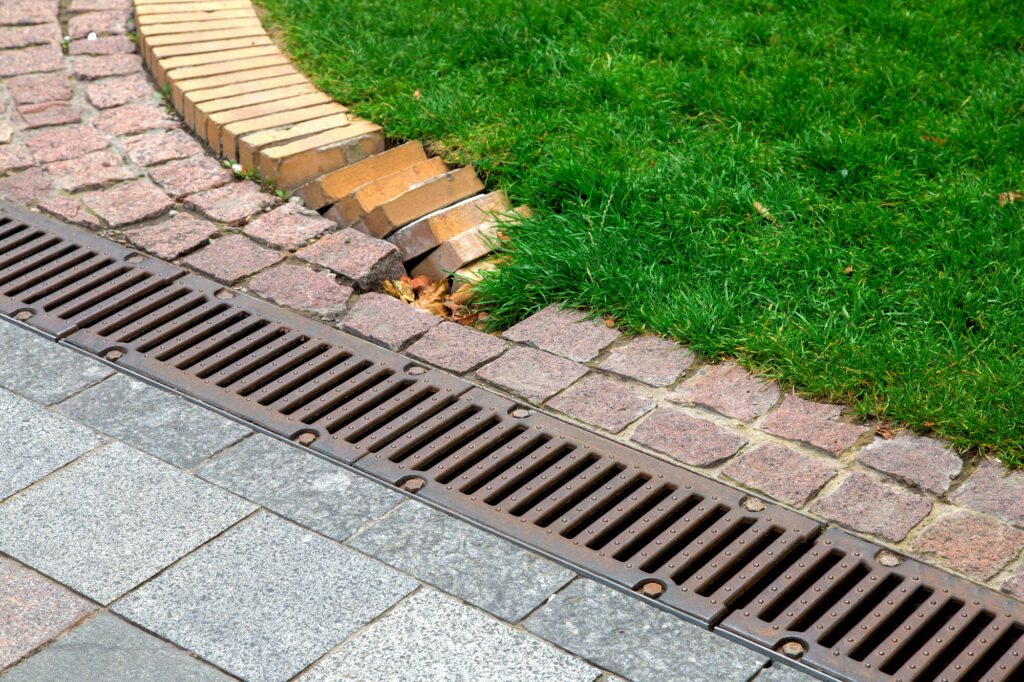
Frequently Asked Questions
What if I’ve noticed pooling water in my yard?
It’s important to address pooling water in your yard as quickly as possible. Standing water can lead to many problems, from soil erosion to foundation problems to landscape damage. Contact FCS Foundation and Concrete Services right away for a free consultation.
How do I improve drainage on my sloped lawn?
Improving drainage on a sloped lawn can be done by installing a French drain and grading your yard so water flows away from your house. Installing downspout extensions or sump pumps might help, and mulching your yard strategically can be beneficial too.
How do I stop water runoff in my backyard?
Stopping water runoff in your backyard might be feasible by installing a rain garden, swales, or even a bioretention basin. Your best bet is to reach out to our team at FCS Foundation and Concrete Services to evaluate the situation and offer a customized solution.
How do I change the water flow in my yard?
Many people choose to install a drainage system in their yards to change the water flow. Others have a water feature installed with trees and shrubs in strategic places to slow down the water flow. Other features that can help include rock gardens and dry creek beds.
